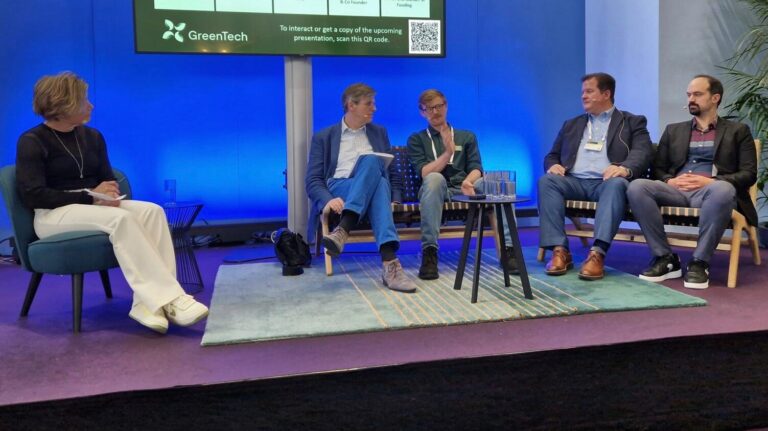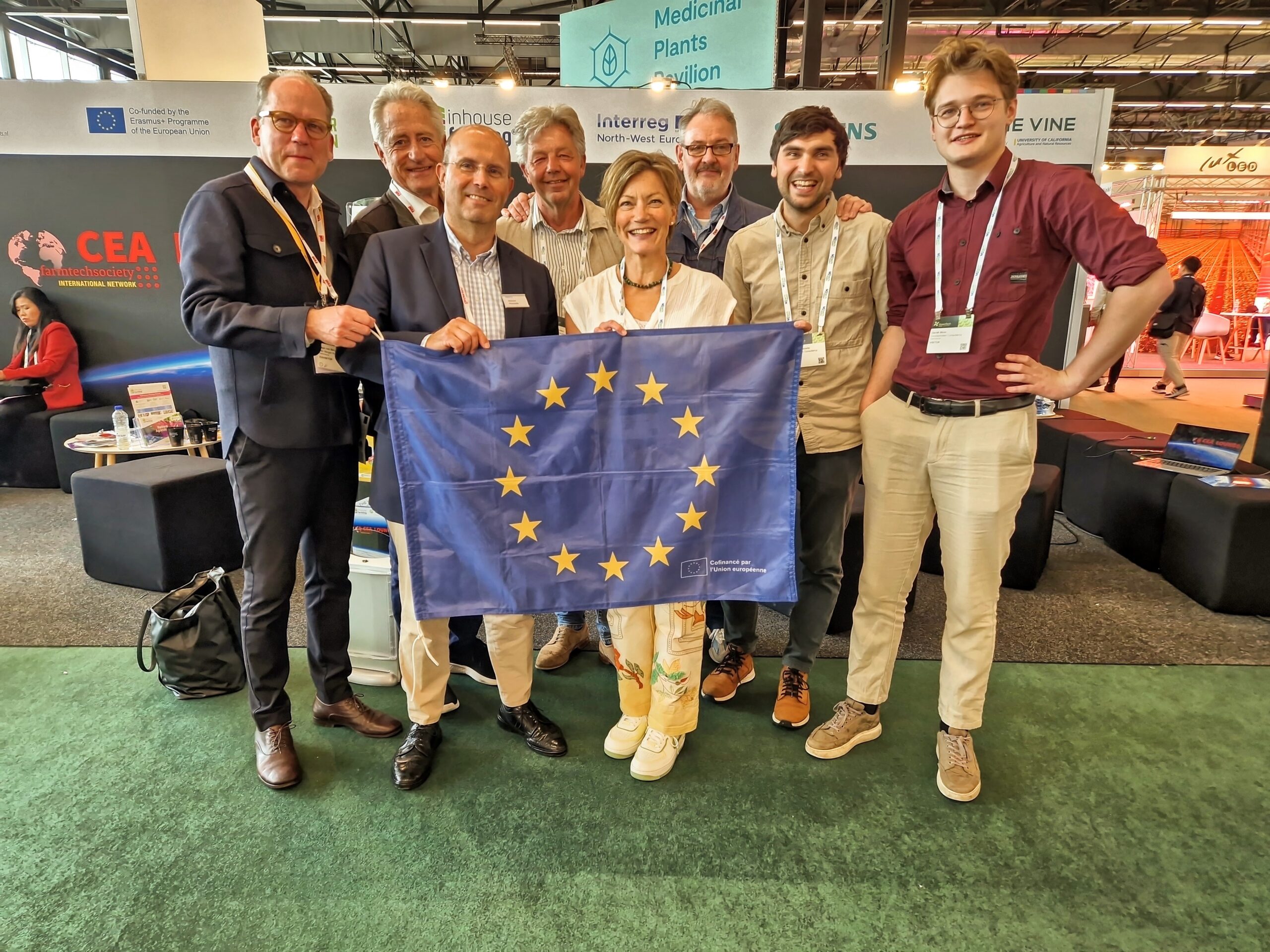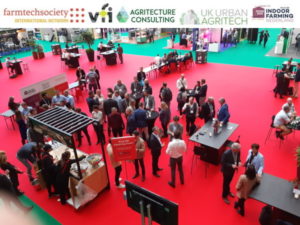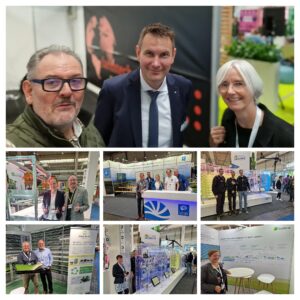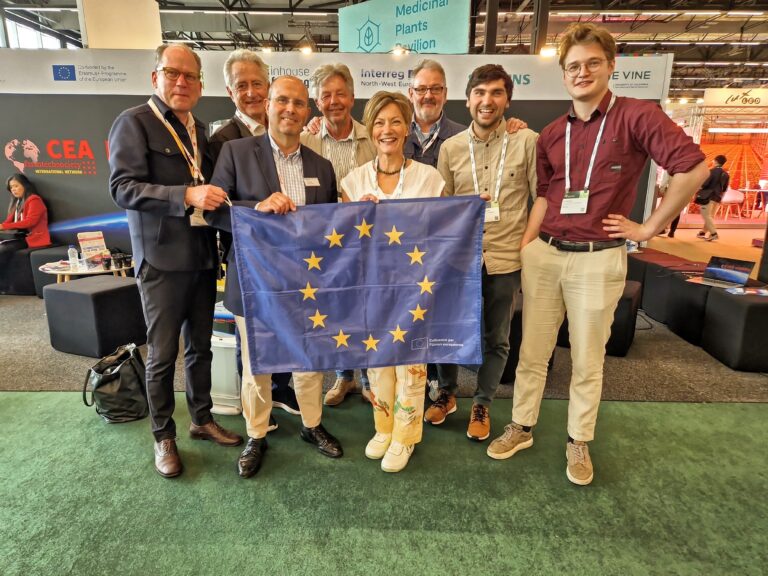
Keynote by Eva Helen
Eva Helén is an Executive Director of the Board at TERALOGX Technologies, Inc. (FTS member) TERALOGX is a solutions provider and infrastructure company, engaged in the acquisition, development and operation of controlled environment agriculture, clean energy, and logistics.
A successful entrepreneur, Ms. Helén founded EQ Inspiration in 2017, and as CEO works on improving
equality and the advancement of women to leadership in tech, by inviting men to the conversation. Ms.
Helén is the author of “Women in Tech, a Book for Guys.” In 2000 Ms. Helén co-founded Sanbolic, an enterprise software company, which was acquired by Citrix in 2015. As President and COO, she led sales, operations, and finance for Sanbolic. Prior to that, Ms. Helén co-founded and ran sales for Number One GM, which was acquired by Autodesk in 1999. Ms. Helén has extensive experience from work on technology companies and non-profit boards.
Ms. Helén was born in Sweden, and earned a Master’s degree in Business Administration from the University of Stockholm. She relocated to Silicon Valley in the mid 1990’s
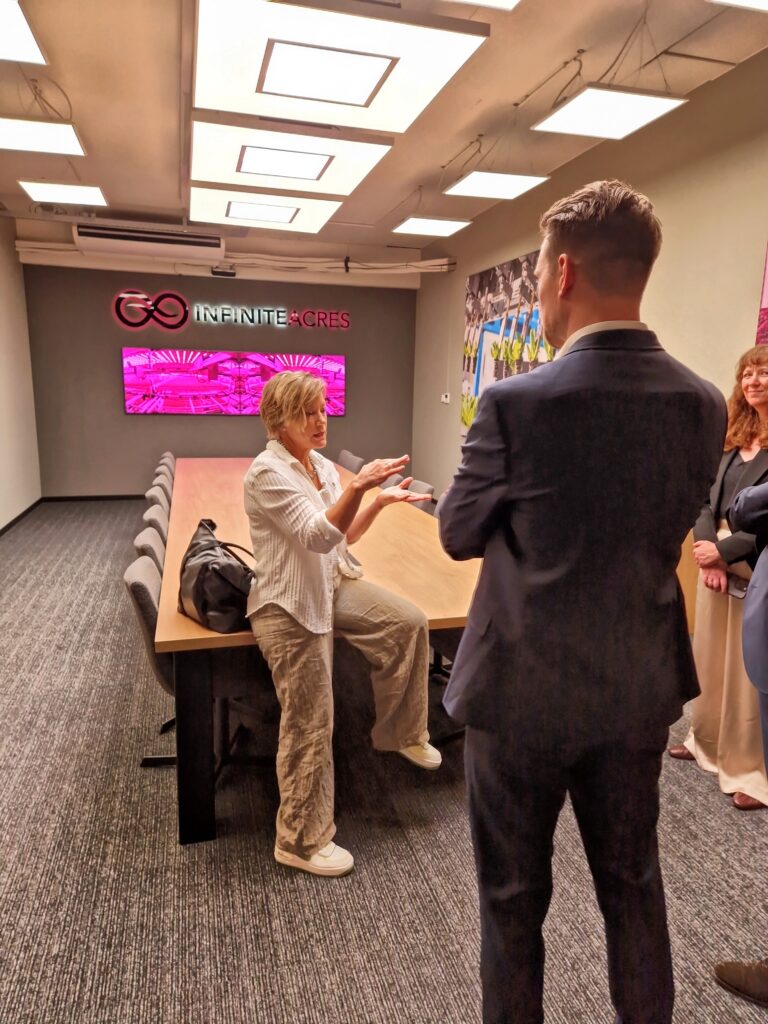
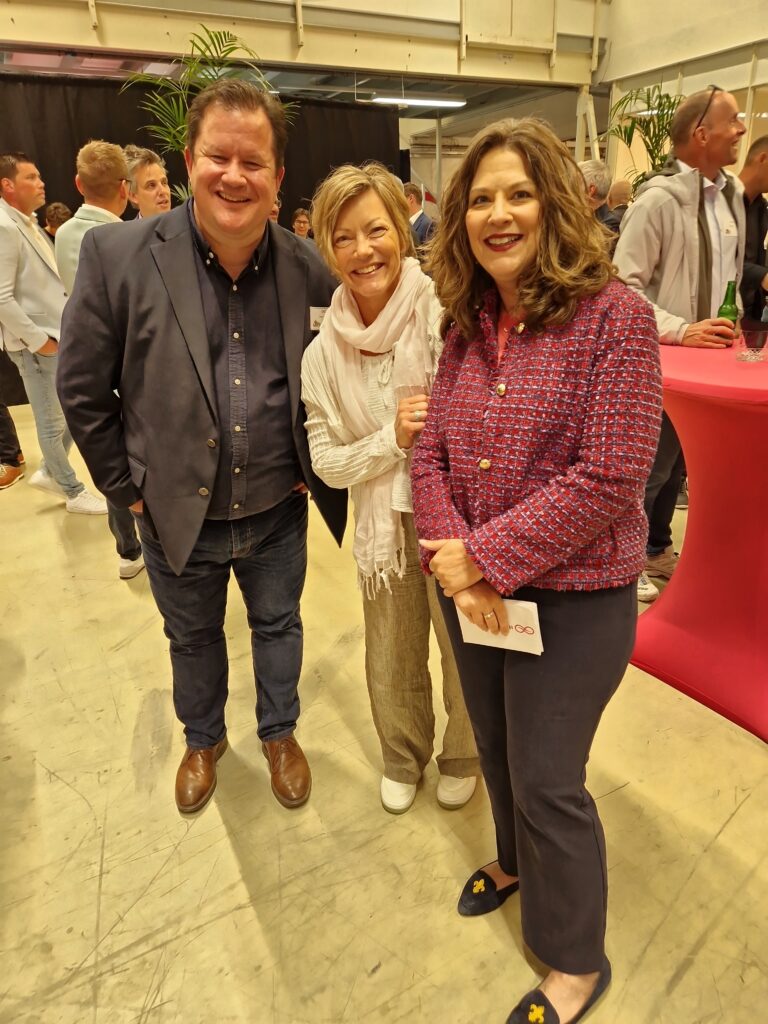
FarmTech Society focuses on sectoral CEA technology events such as existing horticulture venues; these platforms provide networking opportunities and sectoral interaction. FTS adds value through precompetitive knowledge sharing with talk show style discussions, inviting all stakeholders to participate. FTS drives innovation topics and introduces timely themes with carefully curated round table talks.
Under the umbrella of the CEA Lounge concept, FTS provides neutral ground and initiates introductory meetings during commercial trade fairs. Controlled environment agriculture CEA is a global phenomenon with high growth potential, often poorly understood by the established conventional agriculture community. Mature hightech under glass growing lingers as an unregulated and unrecognized sector, serving exclusive pockets in favorable regions and small clusters of Dutch trained growers and technology providers, who are often indifferent to sharing knowledge and growth scenarios, focused on defending a niche business that is lucrative to few SME companies who are trying to hold on to their global market dominance in the nice to have respective crops.
FTS mission emphasizes the importance of CEA as a broad innovative system providing solutions and growth potential to large-scale regional growth, creating more resilient circular systems with more automation and diversified crops. Many international opportunities are arising in CEA cluster development integrated into energy infrastructure and including alternative proteins among food, feed and ornamentals.
The CEA Lounge Talks at GreenTech in Amsterdam, opened with @Eva Helen’s keynote; her silicon valley tech startup experience as well as diversity and equality work added a refreshing new perspective to the benefits of AI and automation in CEA. Her focus was on the future workforce, how to recruit and retain the talent needed to lift the industry as a whole, providing growth and transformation. She spoke about how to leverage existing CEA tools and software technology to attract the next generation to the industry. The topic of ”Advancing Equal Opportunities” goes beyond traditional horticulture of head grower dominance and low-wage labor force, and provides an opportunity to train and educate the incoming and existing skilled workforce. Eva’s keynote contributes genuinely to FTS’ sectoral collaboration with the EU Erasmus Plus workforce development project that is funded by the European Commission; the FTS initiative includes partnerships with major tech and manufacturing companies. In the session Eva discussed the training of the future farmer and the importance of gender equality. She also highlighted the mission critical challenge in knowledge transfer and addressing the red hot labor problem. The current training and educational institutions offer traditional research oriented horticulture professional programs insufficient for the progression of CEA internationally. Horticulture is unable to successfully promote this high tech career potential to the future farmers, as agriculture needs and will only thrive with additional new vocational track programs, harmonized microcredentials integration with practical technical and growing skills deployed.
The rise in global demand for more resilient solutions in agriculture offers the opportunity for the CEA sector to grow significantly and to utilize the public and private sectors’ partnerships potential transforming the overall dilemma in providing attraction to the professional career in Agriculture. The integration of manufacturing technology and plant automation provides the much needed updated digitalization to develop a vocational “farmtronics” career track in CEA for the future growers.
While GreenTech hosts proven horticulture technology providers, tries to attract new customers of all things considered for high tech systems under glass, it maintains the comfortable relative status quo and delegates CEA “innovation” to the fringes. This careful approach has its reasons but also serves as a protective moat and lacks the risk taking that for example US based entrepreneurs (growers and tech suppliers) will not be shy about and could potentially unleash a disruptive transformation that unlocks the scalability of CEA as an integrated energy infrastructure development. The horticulture sector has experienced unprecedented challenges over the last 5 years and has proven to be adaptable and resilient. However, as part of the future integration of CEA into wider agricultural and energy production, horticulture needs to significantly broaden its “closed” system approach beyond high tech glass houses and open up for significant growth potential.
Thomas Zoellner – Cofounder & Secretary General of the FarmTech Society (CURATOR)
